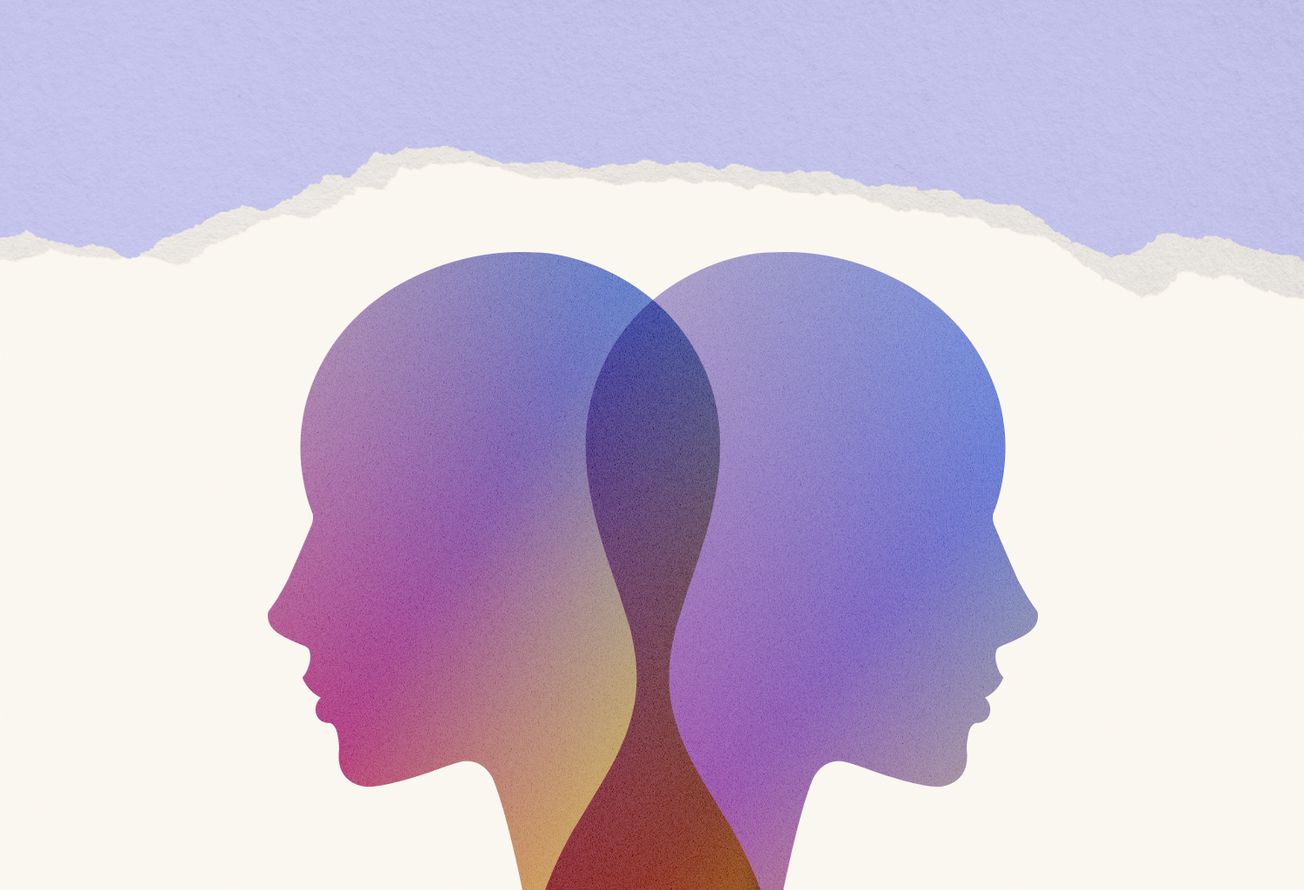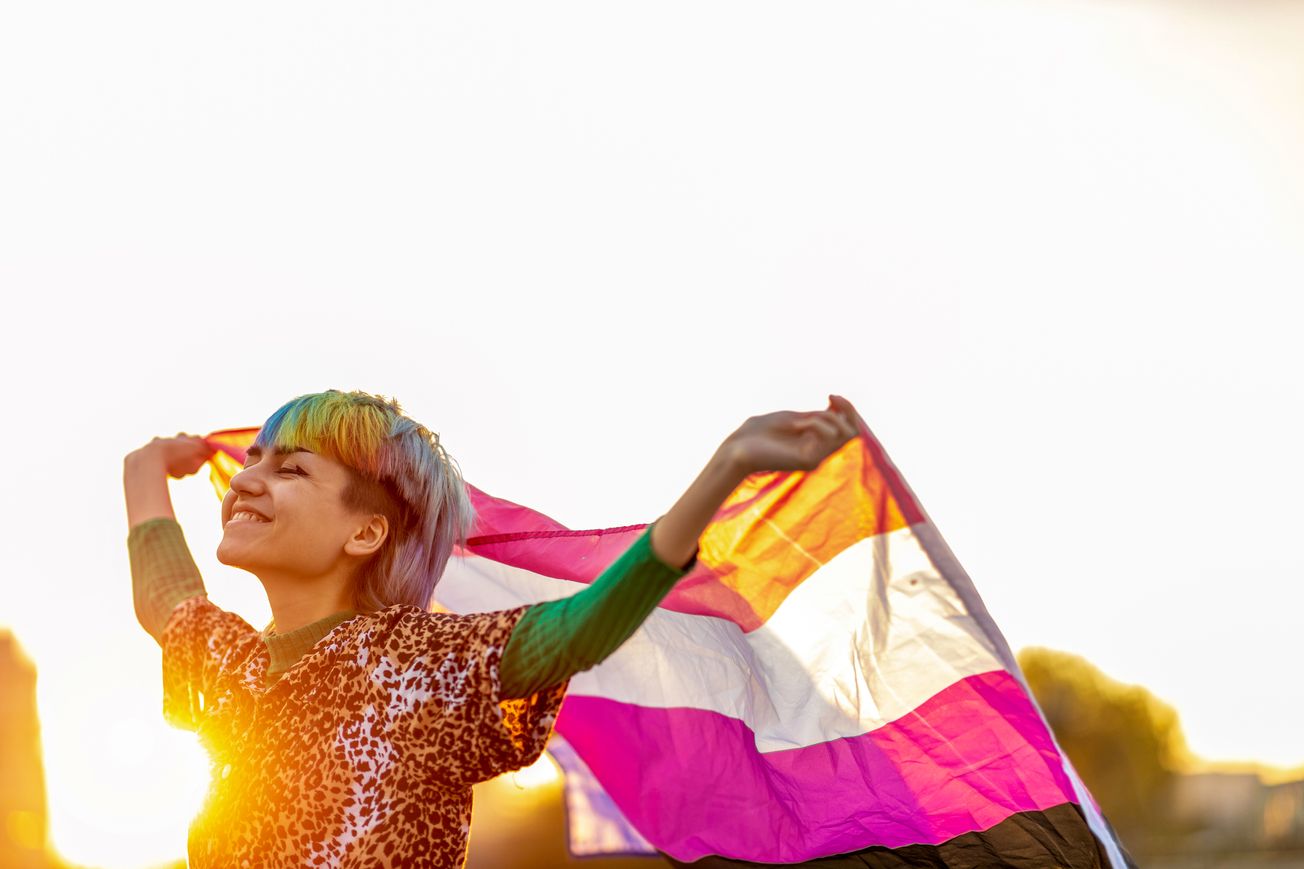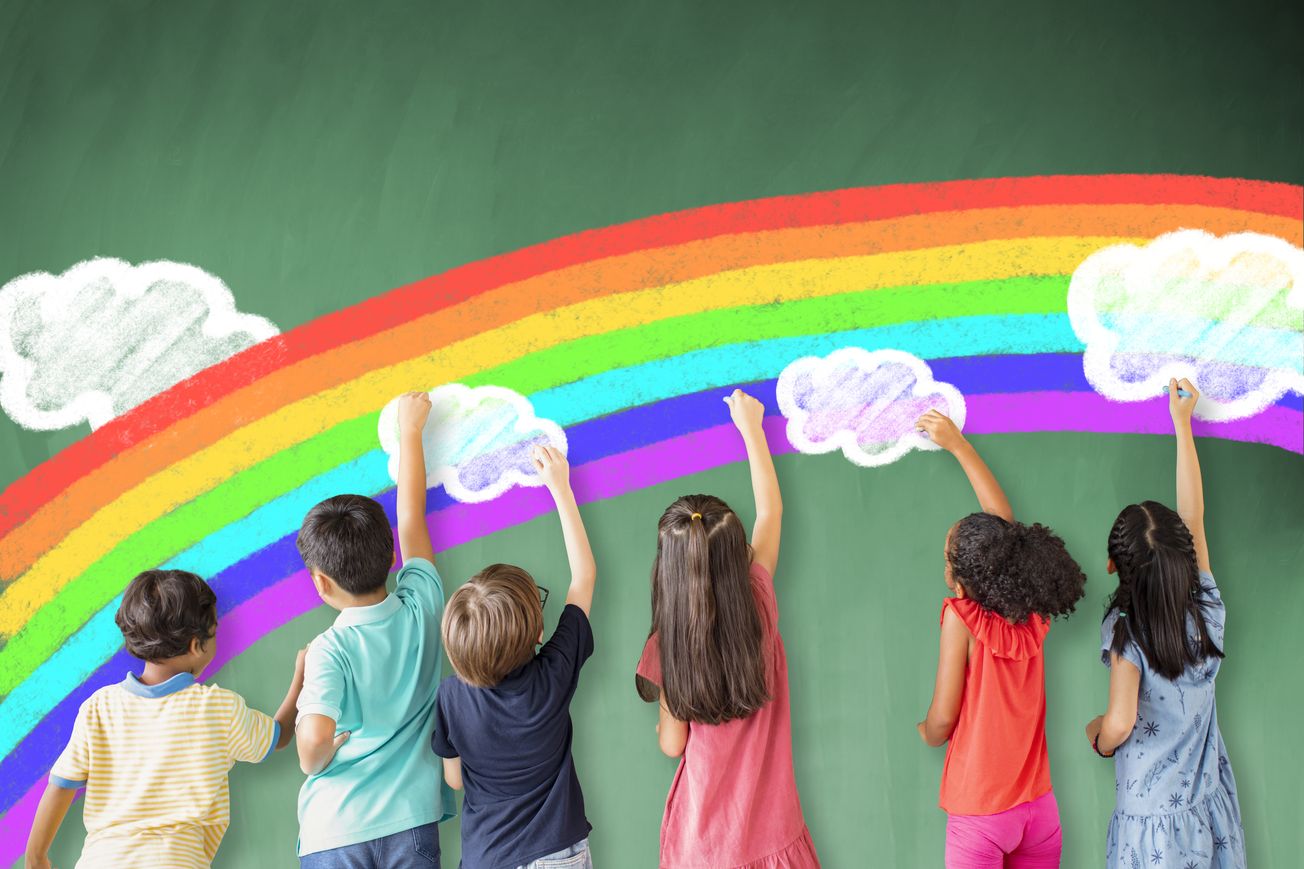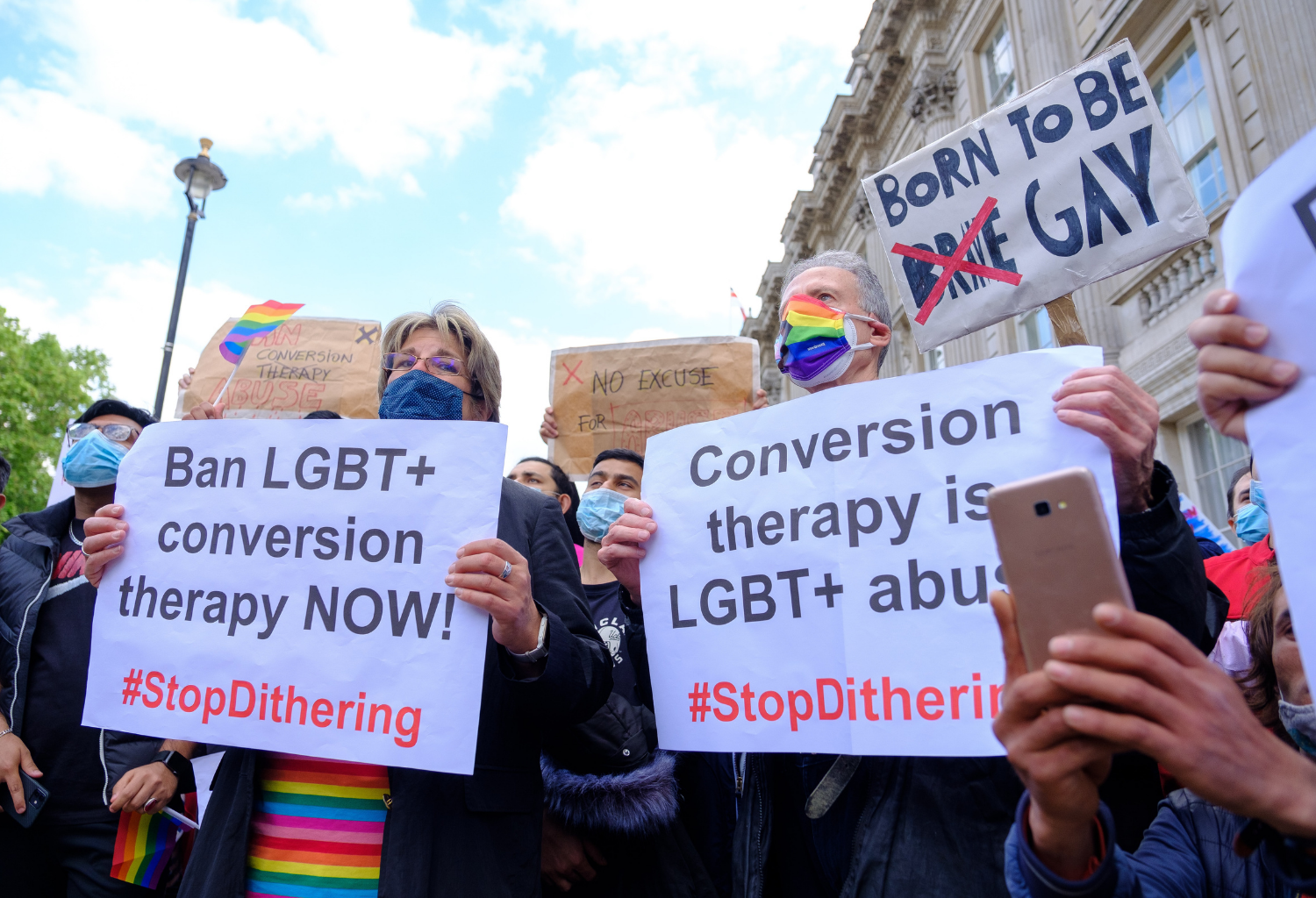As a queer person who is a therapist, I frequently witness other queer people relying on existing dominant templates and labels of queerness for understanding and articulating their own experiences. While this can be helpful to some extent, it can also quickly become very limiting.
Our understanding of queerness has been constantly evolving through the narratives and lived experiences of those who have challenged accepted norms. Hence, we are continually reflecting, creating, and iterating the language we need for self expression. During the course of these transitions, several narratives have at different points become dominant, often through repetition. These are further popularised and validated by people with influence. In recent times, social media has become a microcosm where narratives are continually being formed and transformed.
Lady Gaga famously sang, “Oh there ain't no other way baby I was born this way”. That queer people are “born this way” and that their queerness is “not a choice” has become the dominant narrative. This narrative has been useful in the fight for legal rights and social acceptance as it’s easier to comprehend. Section 377 of the Indian Penal Code, which used language criminalising homosexuality, labelled it as being “against the order of nature”. It was challenged in court by Advocate Mukul Rohatgi who said being gay or lesbian “is not a matter of choice; it is innate, you were born that way and that is why you react differently from others of your sex.”
Just like several other ideas that were at first endorsed by queer communities but later underwent transformation, the idea that queer people are “born this way” must also be re-examined. For instance, it was considered affirmative to ask people for their “preferred pronoun and names”. But then, voices within the community contested the use of the word “preferred” as not affirmative and the right question to ask evolved to asking people what their pronoun/name or chosen pronouns/names were. We have graduated to saying “gender affirming surgery” instead of “sex reassignment surgery”. And we are no longer describing gender and sexuality as a “spectrum” but are instead using words such as “galaxy” and “cloud”.
There was criticism from within the community about acceptance being linked to establishing queer identity as innate—this approach being seen as reducing human behaviour to biology. Moreover, “born this way” does not reflect the lived experience of numerous queer people who “come out” to themselves in their 20s, 30s, 40s with no past inclination , memories, or experiences of queerness. Alok V Menon recommends reading American Eugenics: Race, Queer Anatomy, and the Science of Nationalism to understand how systems of power weaponize the rhetoric of biology (not actual biology) to justify social and political practices. "Cis-gender and heterosexual people are not assigned this burden of proof. This is not because they are more natural but because they hold more power in society."
Every important narrative shift usually comes after the community has felt some discomfort. It also requires the labour of many queer people. When a queer person’s experience does not resonate with dominant narratives, it can lead to an added layer of isolation—even making one feel isolated from queerness itself. This experience has made me and several other queer people question the validity of our queerness. The confusion often leads to feelings of being an imposter, both internal and external invalidation—all further impacting one’s mental health.
As we grow, we receive strong social messages that implore us to trust the dominant, powerful voices over our own—doctors, academics, someone older than us, or anyone influential. Nothing is considered bizarre about the fact that professionals with a degree are considered higher up on the hierarchy of knowledge as compared to those with lived experiences. This is evident in the gatekeeping by cishet mental health professionals for trans people who want gender affirming surgeries.
In order to validate the experience of our queerness we need to first question our socialisations about who would be an authority on creating knowledge and to decide what is right or wrong. And then we’d have to re-adapt to newer, more empowering outlooks such as the one offered by Zanele Muholi, a Black, queer, non-binary visual (artist) activist:
“If I wait for someone else to validate my existence, it will mean that I’m short-changing myself.”
Self-affirmation has made me acknowledge the uncomfortable heaviness that runs from the centre of my stomach all the way up to my throat and mouth when I am asked for my pronouns. I cannot find words to answer the question because none of the pronouns give me any euphoric feeling of “home”.
In fact, the most comfortable I have felt with respect to my gender was at home, with my partner during the isolation of the prolonged pandemic when gender ceased to momentarily exist for me. Working from home and living with just one affirming person meant that clothes, haircuts, language—everything—seemed to be less under the influence of gender because neither of us were assigning gender to these nor speaking in gendered language. It was when I interacted with the outside world again and become aware of the gendered lens I was being read with, that the discomfort returned. No matter what I do with my clothes, hair, labels, it is never enough to make this feeling of discomfort go away.
When affirmative action (in terms of policies and practices) are formulated under the influence of dominant narratives of queerness, they often lead to increased isolation for those who are unable to relate to them. We really need to begin finding space for the plethora of experiences to be acknowledge and affirmed, starting with simply acknowledging that there is no one story that can capture the experiences of all queer people.
In the meantime, having people we feel safe around to witness our stories can be an affirmative experience. Nurturing our inner validating voice as louder than external ones can bring a sense of peace. I no longer push myself to articulate my gender and sexuality in hasty conversations with people. It would require a book, with multiple volumes, to be selectively shared. For now, I imagine a shield around me. Within it, my affirmations exist, away from the outside conversations and their implications.
Liberation might be found in creating one’s own language for self-expression rather than accepting the dominant narratives as rigid templates to fit into. Remember how when existing pronouns (he/she/they) in the English language did not suffice, we created new language through neopronouns (xe/xem, ze/zir, fae/faer). Queerness and its articulation are not static but dynamic; not homogenous, but diverse. Queerness is “liberation from” rather than “bondage to” fixed ideas—the latter would undeniably be a form of violence.










